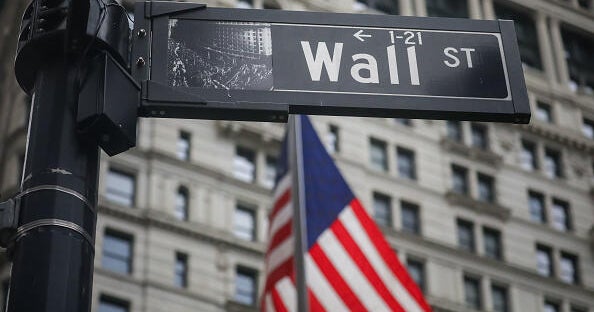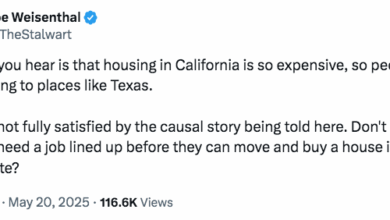Markets close lower after Trump lobs tariff threats at Apple and EU

Stocks took a nosedive on Friday following President Trump’s threats to impose new tariffs, this time targeting Apple and the European Union. The S&P 500 dropped 0.7%, closing at 5,803, while the Dow Jones Industrial Average fell 0.6% to close at 41,603. The Nasdaq also experienced a 1.0% decline.
Investors were taken aback by Trump’s announcement of a 50% tariff against the EU starting on June 1, as well as a potential 25% tariff on iPhones produced abroad. Analysts like Klaus Baader from SG Securities expressed concern over the uncertainty caused by these developments, which could negatively impact global growth and markets.
The tech giant Apple saw its stock price drop by 3% after Trump threatened a 25% tariff if the company did not shift some of its iPhone production to the U.S. This move was deemed frustrating for investors by Daniel Ives, a tech analyst from Wedbush Securities.
In addition to targeting Apple, Trump also declared a “straight 50% Tariff” on the European Union, citing difficulties in negotiations with the group. European markets reacted swiftly to the news, with France’s CAC 40 index losing 1.7%.
Looking ahead, Gregory Daco, chief economist at EY-Parthenon, warned of continued extreme volatility in the markets, especially with more tariff developments expected. The expiration of a 90-day pause on reciprocal tariffs on July 9 and a separate 90-day reduction in tariffs on Chinese goods in August add to the uncertainty.
Yields on 10-year Treasury bonds experienced pressure this week, settling at 4.5% by Friday afternoon. The fluctuation in bond prices reflects growing concerns among investors about the country’s debt burden, as highlighted by Moody’s Ratings downgrade of the U.S. credit rating on March 16.
The Trump administration’s tariff policies and rising debt are creating divergent realities for the equity and bond markets. While the equity market focuses on potential business adaptation to higher tariffs and increased fiscal spending, the bond market is more worried about trade tensions, budget deficits, and the unsustainable fiscal trajectory.
As the markets navigate through these challenges, investors are advised to stay informed and prepared for potential fluctuations in the coming weeks. Stay tuned for further updates on the evolving economic landscape.





